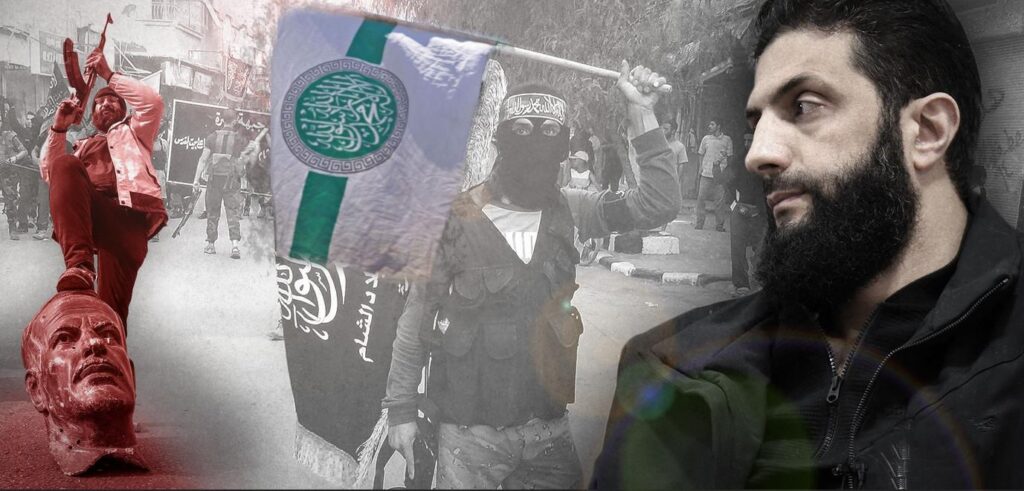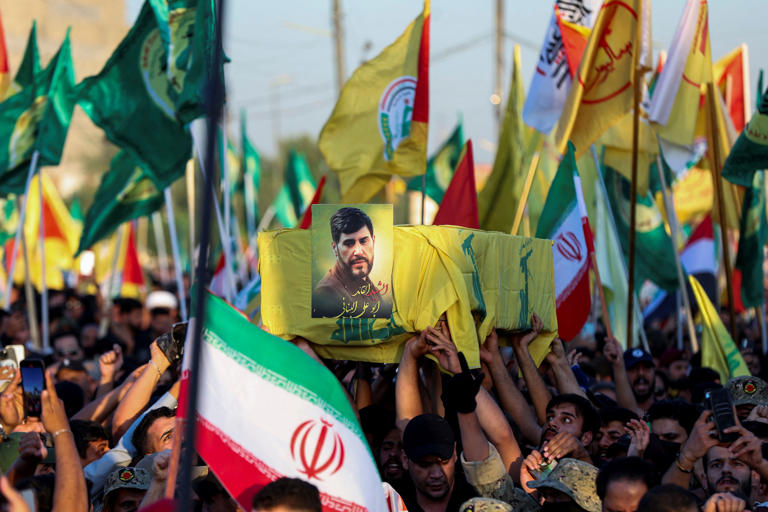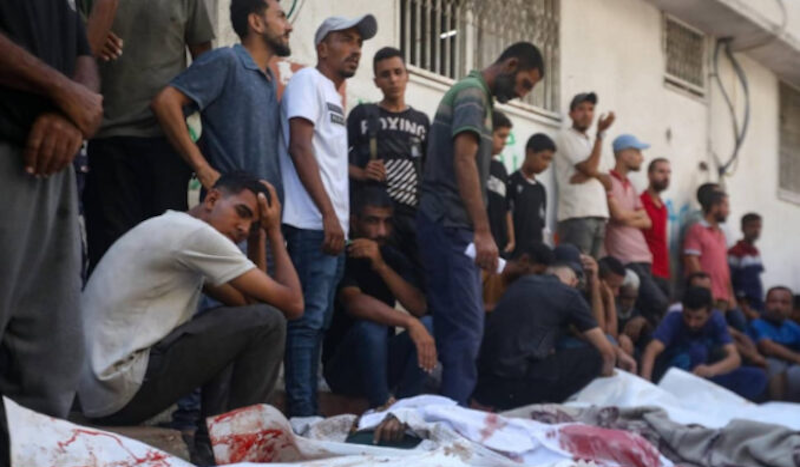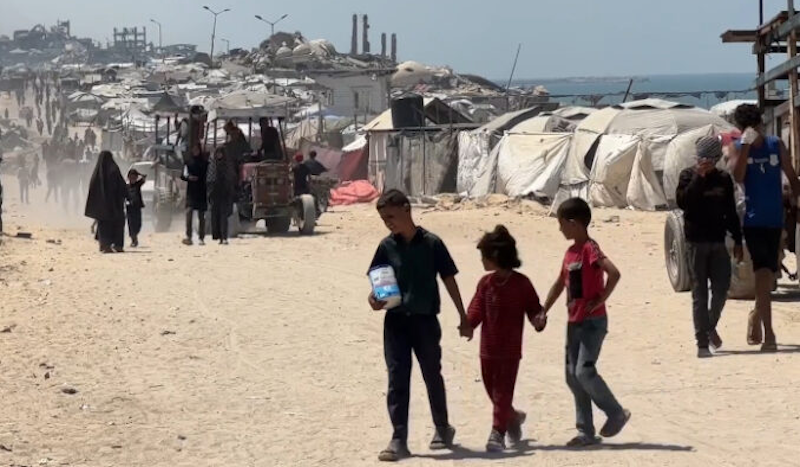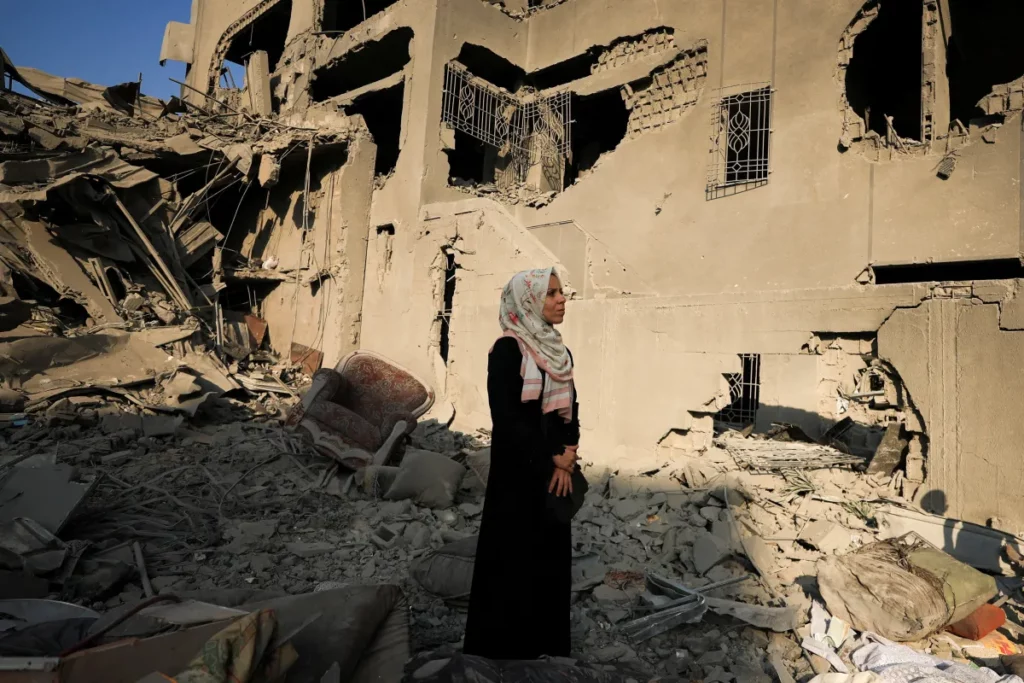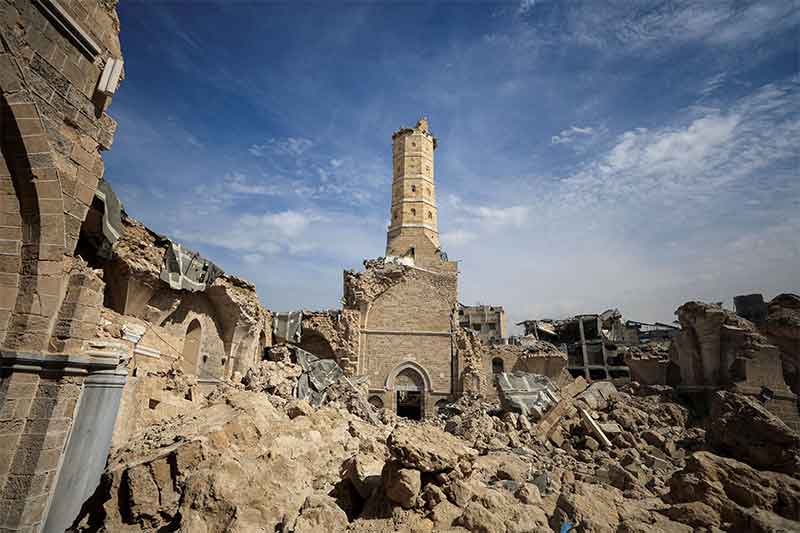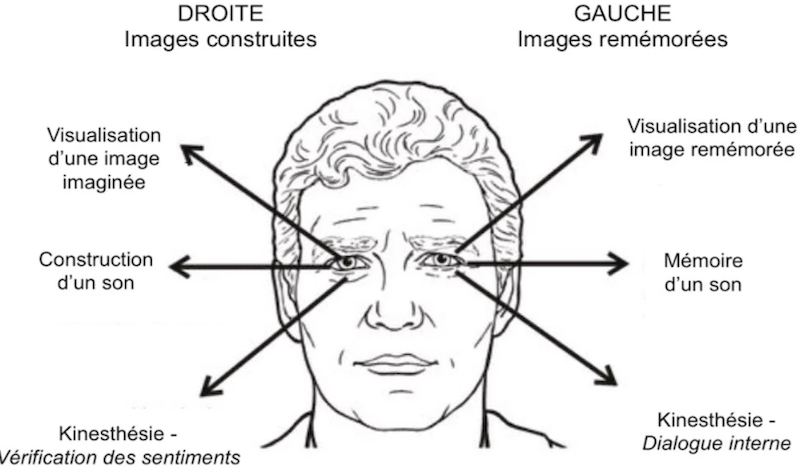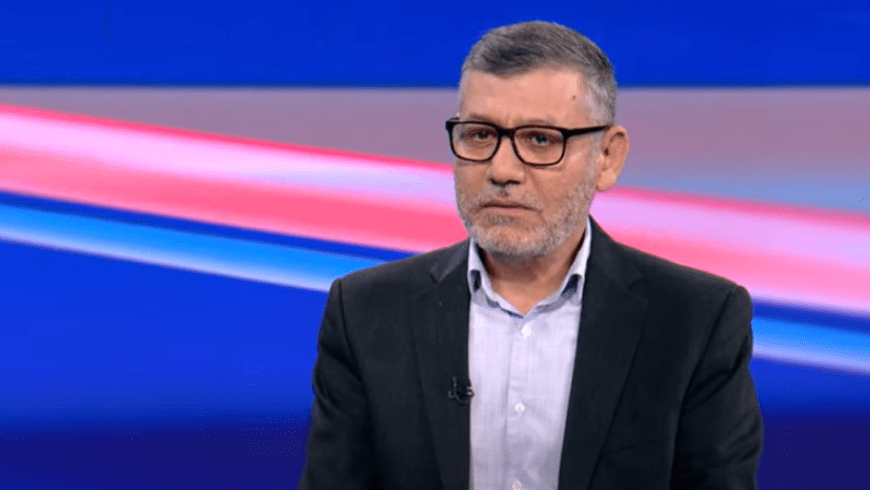Hamas has radicalised children in UNRWA schools in Gaza
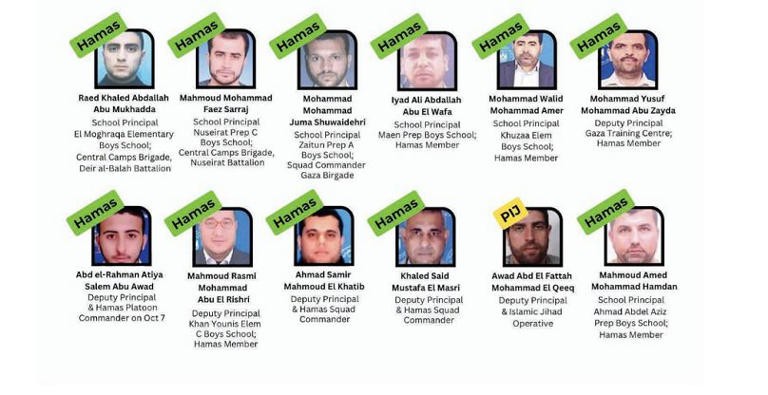
Years of inadequate control have enabled Hamas to radicalise an entire generation of Palestinian youth in Gaza in UNRWA schools, Hillel Neuer, Executive Director of UN Watch, said at a press conference in Berlin on Wednesday.
Neuer, who leads the Geneva-based organisation, levelled this accusation at the UN, but also donor countries such as Germany.

